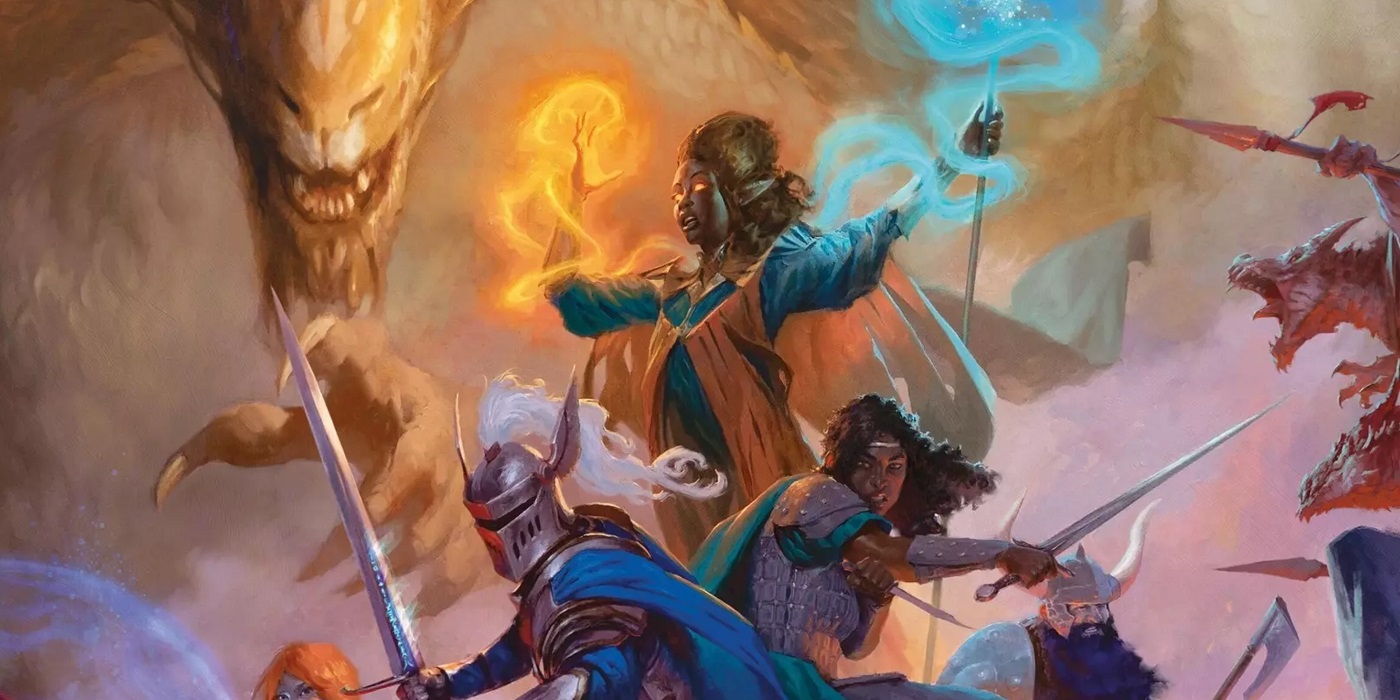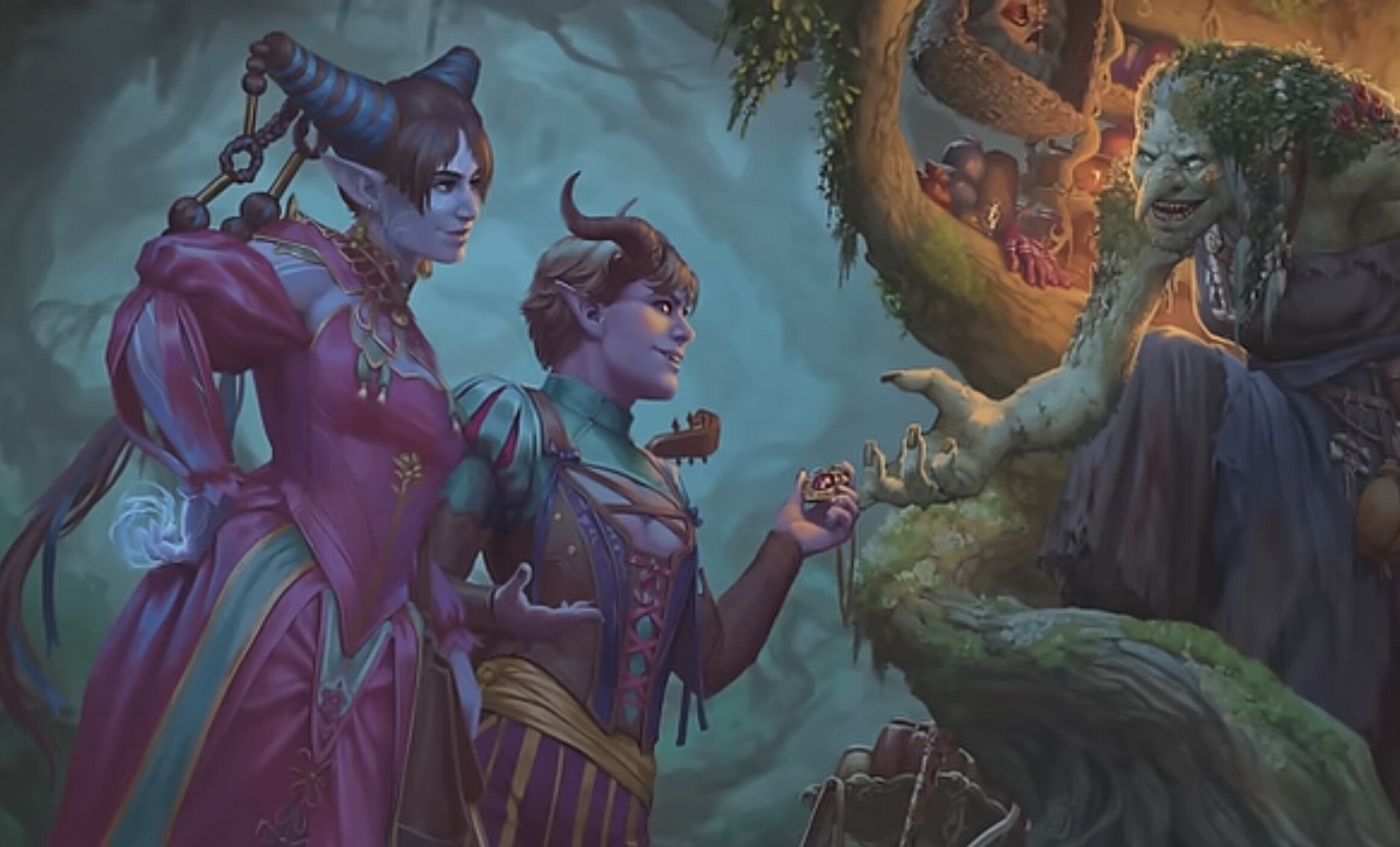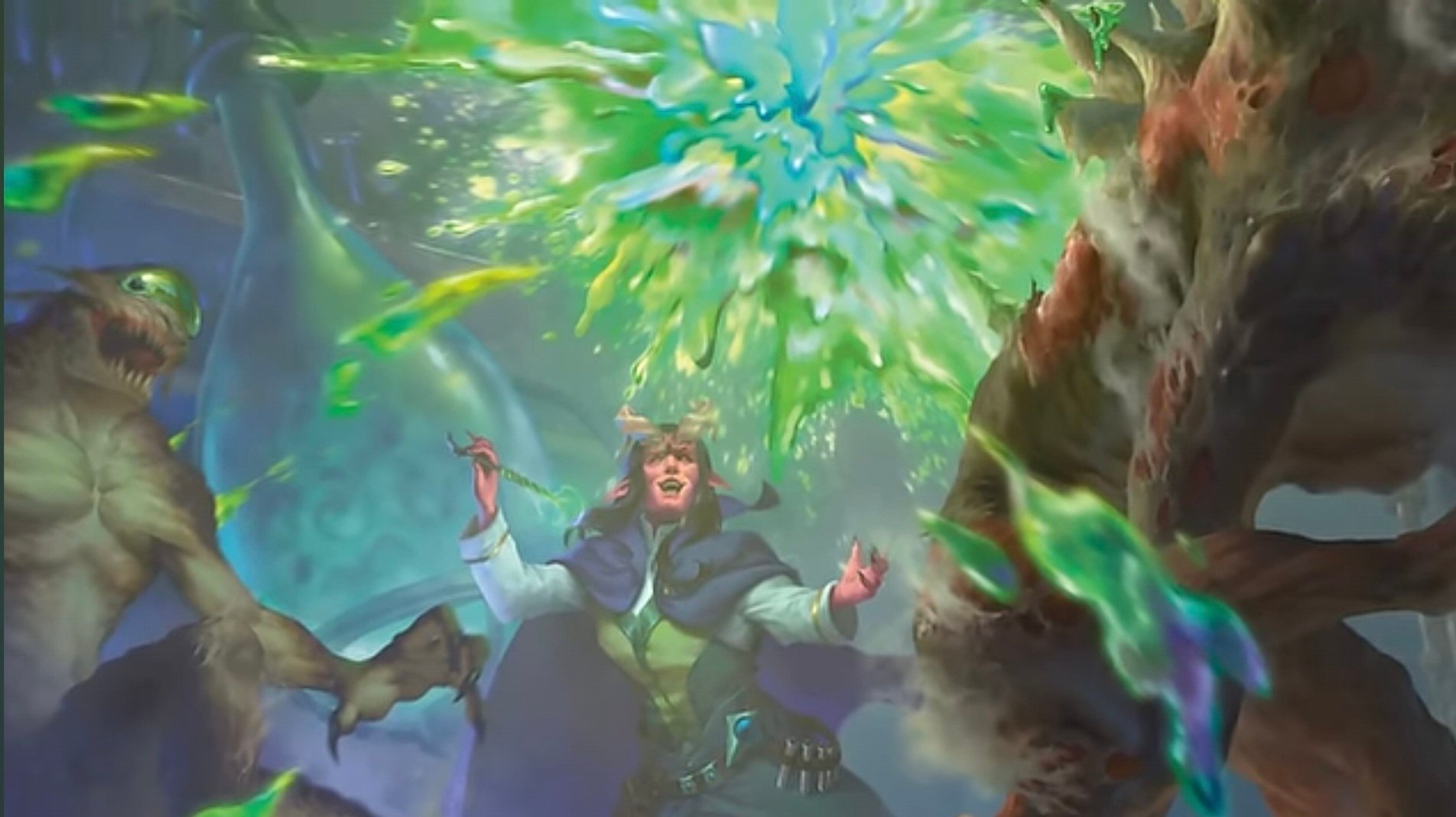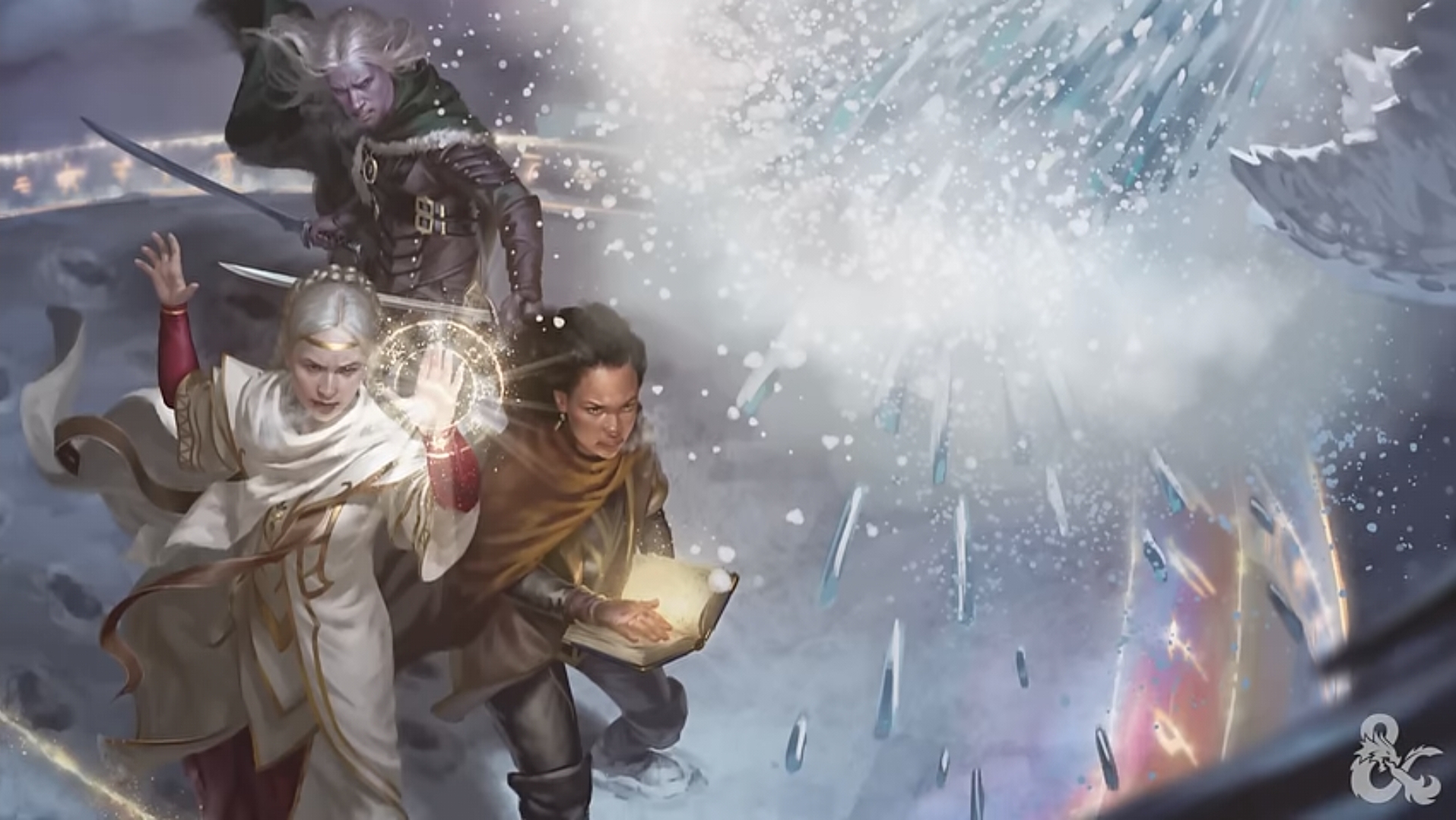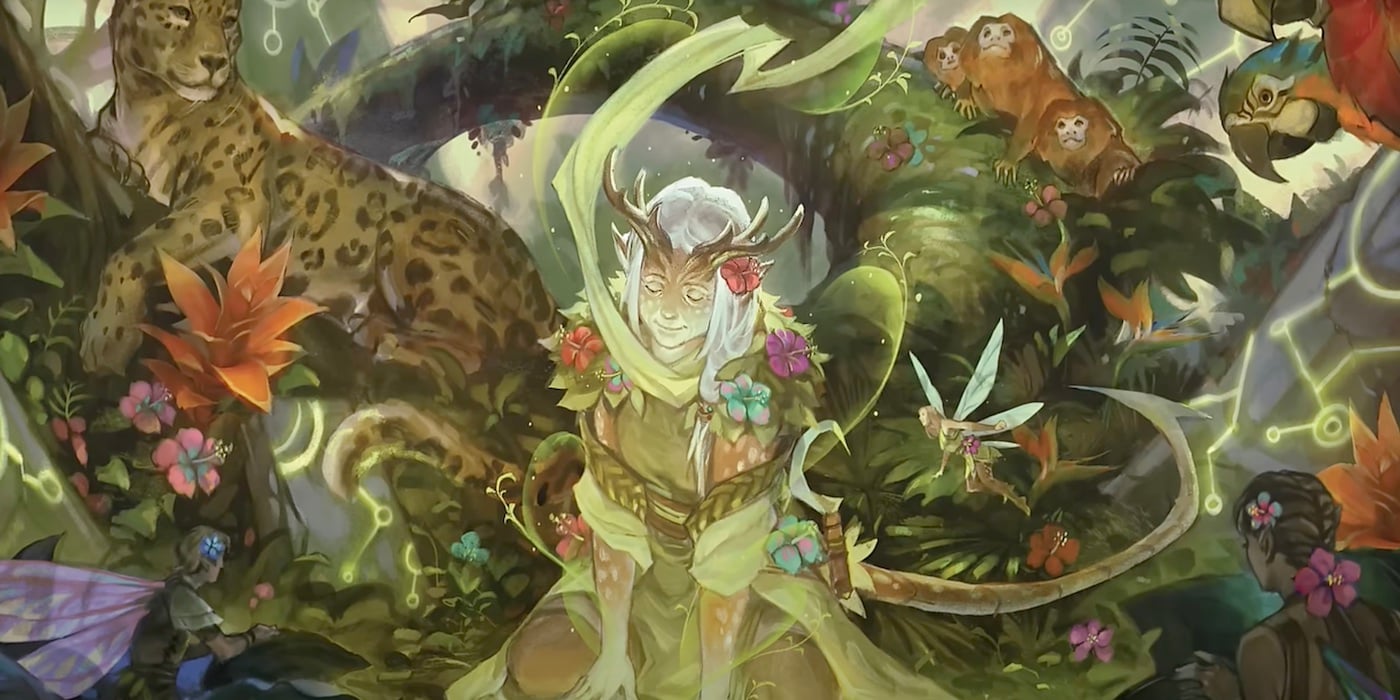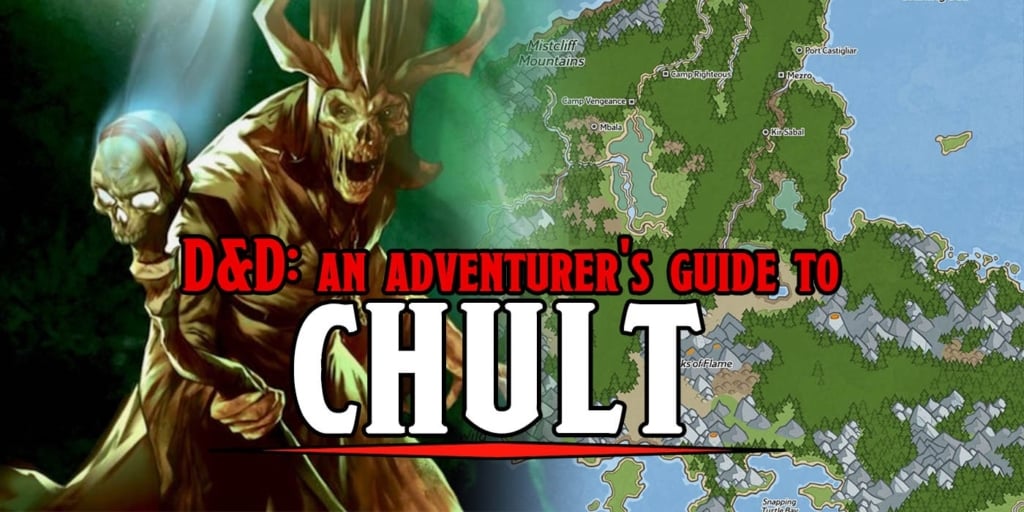D&D Feats are Little Boosts With Big Impact on the Game
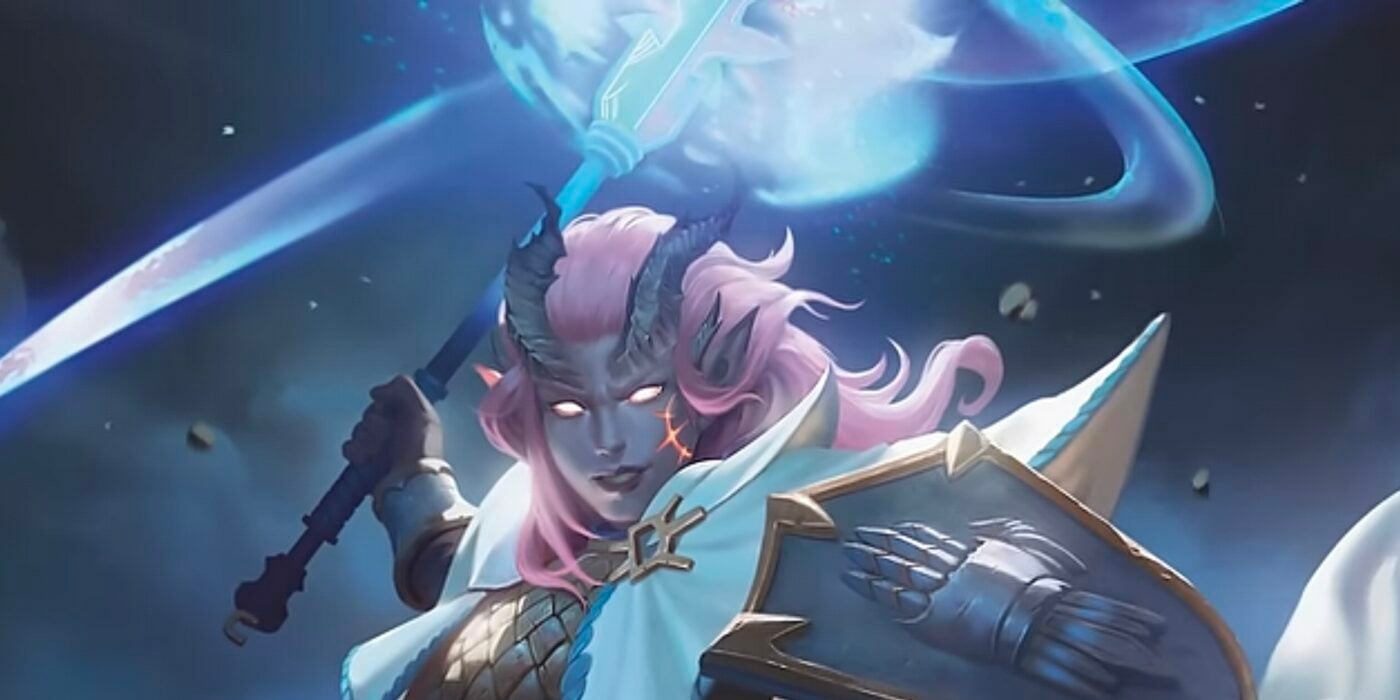
Next time your character is leveling up, see if they can take a new feat and give them a whole extra set of skills.
DnD feats are a great way to add a little flavor and a lot of power to your characters. By providing specific boosts, adventures can gain abilities as athletes or leaders between levels. And this means big in-game benefits.
What are DnD Feats?
In Dungeons and Dragons, ‘feats’ are talents or areas of expertise that give a character a few extra abilities. They are meant to mimic special training and experience outside of what the character’s class would provide.
Though some feats can only be taken by certain classes, races, or levels, many are designed to be for anyone. This means that a character can take a feat that increase their already established abilities to an expert level, or add additional abilities to a character who otherwise would have no skill in that area.
For example, a character can take the ‘sharpshooter’ feat regardless of whether or not they have any established skill with ranged weapons. An established archer’s ability would be increased dramatically by the boosts of this feat, which a character with no prior archery skill could have a new in-game knack for long-distance attacks.
Feats work to give characters bonuses in several ways. Some provide ability score increases to a maximum of twenty. Others provide advantages or remove disadvantages, others still give bonuses, additional skills, or explain a new ability that the character now has. Most feats have a number of these boosts.
For example, Actor increases Charisma by one (to a max of twenty), gives advantage on Deception and Performance checks, and allows characters to mimic the speech of another person or creature. In comparison, Alert gives a +5 bonus to initiative, and leaves the character unable to be surprised while conscious and unable to give advantage to foes rolling against them.
Full List of D&D Feats (in Fifth Edition)
The following feats are from the Player’s Handbook:
- Actor
- Alert
- Athlete
- Charger
- Crossbow Expert
- Defensive Duelist
- Dual Wielder
- Dungeon Delver
- Durable
- Elemental Adept
- Grappler
- Great Weapon Master
- Healer
- Heavily Armored
- Heavy Armor Master
- Inspiring Leader
- Keen Mind
- Lightly Armored
- Linguist
- Lucky
- Mage Slayer
- Magic Initiate
- Martial Adept
- Medium Armor Master
- Mobile
- Moderately Armored
- Mounted Combatant
- Observant
- Polearm Master
- Resilient
- Ritual Caster
- Savage Attacker
- Sentinel
- Sharpshooter
- Shield Master
- Skilled
- Skulker
- Spell Sniper
- Tavern Brawler
- Tough
- War Caster
- Weapon Master
Feats from Xanathar’s Guide to Everything:
- Bountiful Luck
- Dragon Fear
- Dragon Hide
- Drow High Magic
- Hwarven Fortitude
- Elven Accuracy
- Fade Away
- Fey Teleportation
- Flames of Phlegethos
- Infernal Constitutuion
- Orcish Fury
- Protigy
- Second Chance
- Squat Nimbleness
- Wood Elf Magic
The following feats are from Mordenkainen’s Tome of Foes:
- Svirfneblin Magic
The following feats are from Tasha’s Cauldron of Everything:
- Artificer Initatate
- Chef
- Crusher
- Eldritch Adept
- Fey Touched
- Fighting Initiatate
- Gunner
- Metamagic Adept
- Piercer
- Poisoner
- Shadow Touched
- Skill Expert
- Slasher
- Telekenetic
- Telepathic
D&D feats from Fizban’s Treasury of Dragons:
- Gift of the Chromatic Dragon
- Gift of the Gem Dragon
- Gift of the Metallic Dragon
The following feats are from Strixhaven: Curriculum of Chaos:
- Strixhaven Initiate
- Strixhaven Mascot
The following feats are from Eberron: Rising from the Last War:
- Aberrant Dragonmark
- Revenant Blade
Feats are from Plane Shift:
- Quicksmithing
- Servo Crafting
- Vampiric Exultation
The following feats are from Wayfinder’s Guide to Eberron:
- Greater Dragonmark
How Do You Take Them?
As player-characters level up they are given more powers and abilities within their class. One of the boosts awarded sometimes to leveling characters is an Ability Score increase. A player can choose to take a feat instead of an Ability Score increase.
How Many Feats Can a Character Have?
This depends on the class you are playing. Most classes have access to five ability score improvements and therefore five opportunities to take feats. Fighters and Rogues get a few more.
Which are the Most Powerful?
Just about any of the feats can be powerful or useful with the right player or character. Sharpshooter gives huge boosts to ranged-attack-based characters. War Caster makes it much easier for magic users to keep their concentration and by extension their magic attacks going.
Resilient provides an extra defensive boost. Tavern Brawler makes anything a weapon in your character’s hands. And Lucky makes it hard for your adventurer to fail. None of the DnD feats are world-shattering on their own. But when used with the right character, any of them can be game-changing.
How Do You Pick a Feat For Your Character?
Start by ruling out the feats your character cannot have. A few come with prerequisites for level, class, race, ability scores, etc. If you can’t pick that feat, take it right off of your list. From there, it’s a matter of figuring out who your character is and what skills they need to boost.
If they’re the kind to take a back seat in battle but give their teammates a inspirational boost, Inspiring Leader may be the right feat. If instead they’re the kind of adventurer who sneaks their way into trouble and talks their way back out, Actor or Skulker may be the feat to pick.
One D&D
One D&D, or the upcoming 5.5th Edition looks like it will have a few changes to feats. DnD feats will each have a level and characters must match or exceed the feat’s level in order to take it. Additionally, it look like some feats will be repeatable, and those can be taken more than once. Finally, we may be looking at bonus feats for characters who have reached level 20. This means that adventurers who have previously made it as far as they could in D&D will still have some new skills to learn as they continue to play.
Happy adventuring!

